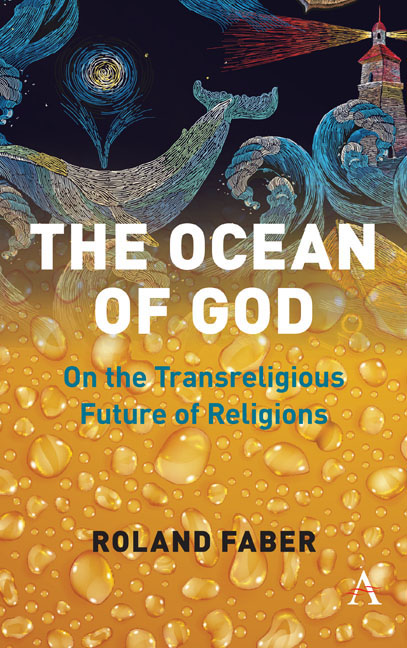Book contents
- Frontmatter
- Dedication
- Contents
- Introduction
- Part I Paradigms of Unity and Plurality
- Chapter One Unity or Plurality of Religions?
- Chapter Two The Healing and Poisonous Fruits of the Unity of Religions
- Chapter Three The Synthesis and Aporia of Religious Pluralism
- Chapter Four The Promise of Mysticism
- Chapter Five Polyphilic Pluralism
- Part II Negotiations of Multiplicity
- Part III Transreligious Horizons
- Glossary
- References
- Index
Chapter Five - Polyphilic Pluralism
from Part I - Paradigms of Unity and Plurality
Published online by Cambridge University Press: 09 July 2019
- Frontmatter
- Dedication
- Contents
- Introduction
- Part I Paradigms of Unity and Plurality
- Chapter One Unity or Plurality of Religions?
- Chapter Two The Healing and Poisonous Fruits of the Unity of Religions
- Chapter Three The Synthesis and Aporia of Religious Pluralism
- Chapter Four The Promise of Mysticism
- Chapter Five Polyphilic Pluralism
- Part II Negotiations of Multiplicity
- Part III Transreligious Horizons
- Glossary
- References
- Index
Summary
The Most Great Ocean overflowed with gleaming and life-giving waters.
— Bahá’u'lláhWhile the appeal to mysticism and mystical thought patterns might bring us closer to a mutual resonance of the impulses of non-oppressive unity as highlighted by the Bahá’í writings and of new nonviolent differentiation as highlighted by religious pluralism, the “mystical explanation” as regards this inquiry has its own problems. First of all, if mystical silence beyond all categories of understanding has the last word or, as it were, remains always beyond any word, the world of religions with its perceptions and experiences, experiments and conceptions, of ultimate reality will easily deflate into a relativism for which any differentiation between religious truths and values, any valuations and emphases, any measure of approximation and remoteness, even any limitation and exclusion of problematic valuations and emphases will be indistinguishable from illusion. The multireligious patience for the limitations of any positive expression of mystical truth in specific religious teachings and some common horizon for moral judgments as well as the transreligious independence from the constraints of any religious tradition will easily be mistaken for, or lowered to, a passivity of egalitarian indifference that quickly can lose any impulse for the importance of embodiments of life and distinctions of consequence. Essential characteristics of oneness, ecstasy and ineffability of mystical experience can, out of a feeling of self-involved silence, easily degenerate into indifference, aloofness and inconsequential lassitude. The Bahá’í writings know of this situation, as do many mystical discourses. Hence, they don't force us to remain in silence, but refer to, or in many cases even insist on, the intrinsic noetic character of the mystical discourse by which radical relativity can be distinguished from mere relativism. With these noetic negotiations, mystical discourses will situate themselves right on the boundary of, or in probing the boundary between, silence and utterance, unknowability and insight, mystery and its embodied variegations. The process of mystical insight is one of “unknowing,” but not one of becoming unconscious or insentient.
In fact, mystical discourse avoids irrationality and incommunicability, but embraces some kind of intimate and felt (not only reasoned) “surrationality,” a rationality that is empowered by its own self-emptying into and out of its own limitations from a horizon beyond, but neither without expressive affirmation nor without imaginative creativity.
- Type
- Chapter
- Information
- The Ocean of GodOn the Transreligious Future of Religions, pp. 53 - 66Publisher: Anthem PressPrint publication year: 2019



